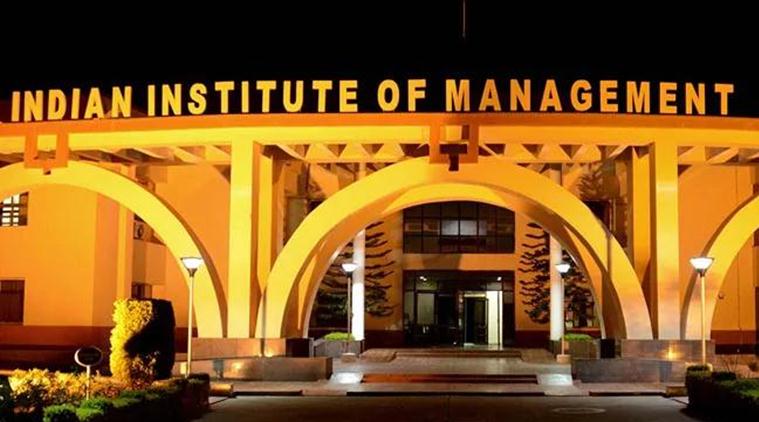 The premier business schools, in the past, have been headed by corporate executives, but such examples are few and far between. (File Photo)
The premier business schools, in the past, have been headed by corporate executives, but such examples are few and far between. (File Photo)
Future directors of the prestigious Indian Institutes of Management (IIMs) may no longer need to have anything to do with academia — or even possess a PhD. According to rules notified under the IIM Act this week, executives, who have been in senior management roles for at least 15 years, will now be eligible to be appointed as directors.
The premier business schools, in the past, have been headed by corporate executives, but such examples are few and far between. Ravi J Matthai, the first full-time director of IIM-Ahmedabad in 1965, and Subir Chowdhury, who headed IIM-Calcutta in the 1990s, are two such examples.

“The examples of executives heading IIMs are mostly from the early days when the institutes were young and talent pool was limited,” said an IIM director who did not wish to be identified.
Before the IIM Act kicked in this January, there were no fixed recruitment rules for the post of director. However, in the last decade, a PhD along with teaching experience has been a prerequisite for the post.
The new rules, which have codified the terms and conditions of service of directors at all 20 IIMs, state: “The applicant shall be a distinguished academic with PhD or equivalent having at least fifteen years teaching or research experience and shall have worked as a full Professor at a reputed institution for at least seven years; or shall have industry experience at a higher level for at least fifteen years.”
Higher Education Secretary R Subrahmanyam justified the opening up of the post to those with only industry experience. “These are institutes of management. They prepare people for the management role. Someone who has been an Executive Director or Managing Director can prove to be invaluable to an IIM,” he said.
Asked about the omission of academic credentials – PhD – as a criterion, he said: “Some of the biggest businesses and institutions have been set up by people with limited academic credentials.”
Story continues below this ad
IIM Bangalore’s G Raghuram, however, expressed apprehension over the new provision. “Ideally, a director should be one with a background of academic experience. If a director has industry experience in addition to academic experience, it could be a value-add. Preferably, the academic experience should be recent,” he said.
IIM-Ahmedabad director Errol D’Souza was more blunt. “I believe it is a mistake. It seems someone messed up in the drafting,” he said.

 The premier business schools, in the past, have been headed by corporate executives, but such examples are few and far between. (File Photo)
The premier business schools, in the past, have been headed by corporate executives, but such examples are few and far between. (File Photo)






























